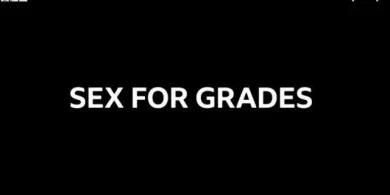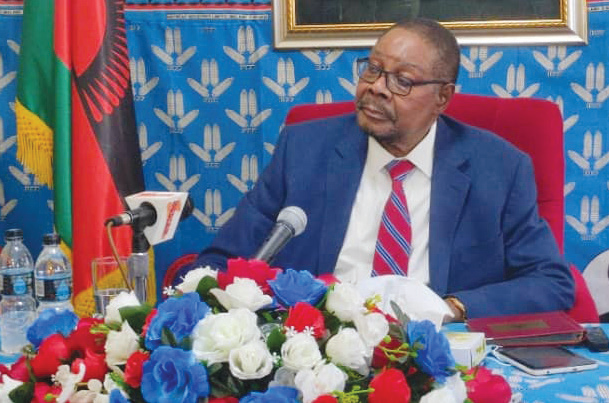DPP is failing its role as an opposition party
The opposition Democratic Progressive Party (DPP) is back in the spotlight and not for the best reasons. It has taken the party less than a month to revert to its petty squabbling among some of the members of its senior leadership.
This time, some senior members of the parties National Governing Council (NGC), including ‘former’ vice-president (South)Kondwani Nankhumwa and revered former minister of Finance Goodall Gondwe are contesting the appointments of new members.
The aggrieved members wrote the party’s administrative secretary to urge him to withdraw the letters of appointment. At the time of writing, the party’s leadership were supposed to meet Gondwe, Nankhumwa and company to resolve the issue.
Before the meeting, Gondwe expressed optimism that the party could put this latest episode of its never-ending drama and focus on important issues, including but not limited to the Tonse Alliance’s perceived shortcomings.
The former minister of Finance is right, of course, but it is highly debatable whether the DPP has the moral authority or tactical awareness to criticise President Lazarus Chakwera and his nine-party alliance on governance issues.
In the two years since the former governing party was unceremoniously relegated to the opposition benches, the DPP has offered nothing tangible to Malawians except one political power struggle after another.
The six years before that, the party was mired in all kinds of alleged cases of corruption, nepotism and gross financial mismanagement.
No one in his right mind would argue that Malawi needs a functional and vibrant opposition party to offer alternative policies to the ones advanced by the Tonse Alliance. However, few would argue that the DPP and its partner the UDF can step up into the role.
It would be incredibly naïve to expect sound governance from a party that has spent a better part of the last three years fighting among themselves in a seemingly pointless struggle for Malawi when the Tonse Alliance has dished out one serious policy misstep after another.
The DPP had numerous opportunities to show Malawians that it has rebranded and is ready to turn the country’s fortunes around if Malawians decide to kick the Tonse Alliance to the curb.
Lest we forget, the International Monetary Fund (IMF) withheld a new Extended Credit Facility (ECF) because the DPP-led administration lied about the country’s forex reserves to convince the fund that Malawi was in a better financial position than it was.
The forex shortages that followed the IMF’s decision led to a forex crisis and a corresponding shortage of fuel on the local market. To date, the fund has not changed its position and it is unlikely to grant Malawi a new ECF programme in the near term.
When all this was happening, seasoned economists such as Gondwe, former governor of the Reserve Bank of Malawi Dalitso Kabambe and former minister of Finance Joseph Mwanamvekha were conspicuously missing in the areas where policy is made.
These are the people who helped to reduce inflation from around 26 percent to single digits when it took over from the People’s Party-led administration in 2014 and managed to keep it there until it was booted out of power in 2020.
The party could have stepped up in Parliament and offered some policy advice and/or input that could have helped the Tonse-led administration put Malawi’s ailing economy back on the right track.
But instead, all we got were headlines in the papers about the conflict between the DPP factions and some pointless criticisms offered on social media.
In a previous entry, I urged the DPP and all political parties to understand that partisan politics undermine national development. Malawi will not develop if political parties and their leaders keep placing their need to accumulate political power at the expense of national interests.
The DPP has an opportunity to show Malawians that it has reformed before the 2025 presidential election. The party has an opportunity to capitalise on the public’s loss of confidence in the Tonse Alliance. Alas, recent evidence suggests that the party cannot even respect its own constitution.
How then, can it lead Malawians to economic prosperity when it cannot even put its own house in order?





